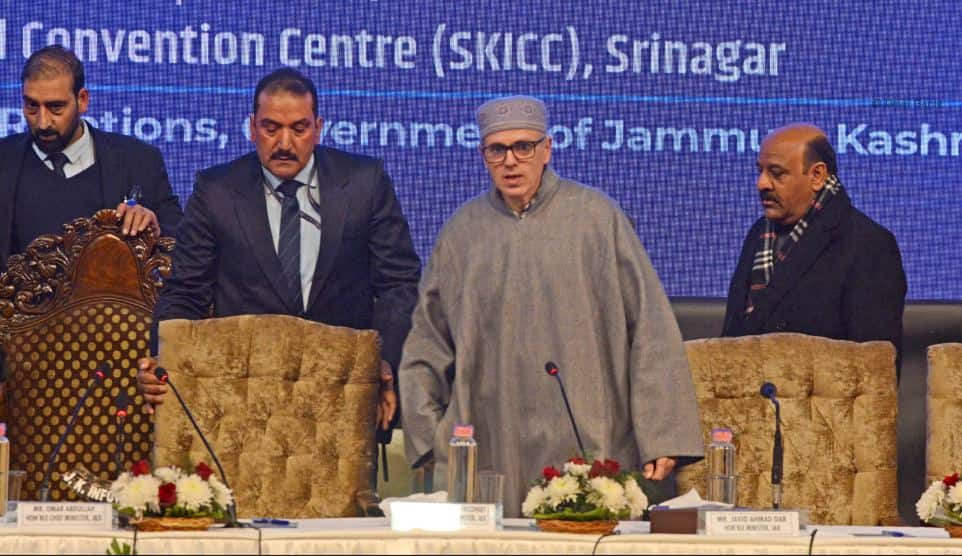 |
|
Omar Abdullah, the Chief Minister of Jammu and Kashmir, has unequivocally declared the restoration of the region's statehood as his administration's paramount challenge. This statement, made two months into his tenure, underscores the deep-seated political sentiment within the region and the significance of this issue for the local populace. Abdullah's assertion that the current Union Territory (UT) status is merely a temporary phase reflects a hope, widely shared by many in J&K, for a return to the previous political structure. This desire is further fueled by the Supreme Court's judgment urging the swift restoration of statehood, a judgment that, according to Abdullah, has been disregarded for over a year.
The complexities of governing within the current UT framework are not lost on Abdullah. He acknowledges the challenges inherent in sharing power with the centrally appointed Lieutenant Governor, a dynamic significantly different from the previously established governance structure. While he describes the initial period of his government as 'decent,' he emphasizes the limitations imposed by the current system. His party's manifesto, intended for a five-year term, now necessitates strategic adaptation given the restricted powers afforded to a UT chief minister. The implementation of certain election promises is hampered by systemic constraints, highlighting the crucial need for broader political changes.
The pressure to align with the BJP-led National Democratic Alliance (NDA) has been vehemently denied by Abdullah. He categorically refutes rumors suggesting coercion from central leaders or pressure from the Prime Minister, Home Minister, or Raj Bhavan. His assertion that his government will not be destabilized, and that they will receive the same cooperation previously granted to the Lieutenant Governor, indicates a degree of confidence in his government's ability to withstand such pressures. This defiance serves to highlight the deep-rooted ideological differences between Abdullah's National Conference party and the BJP, and indicates a determination to maintain political autonomy.
Abdullah's strategic decision to engage with the central government rather than immediately challenging the UT status through legal means is a calculated one. He explains that initiating legal action would be confrontational, preferring instead to allow dialogue and adherence to promises made by central leaders concerning statehood restoration. This approach seems rooted in a belief that cooperation and negotiation are more likely to yield positive results than immediate legal battles. This also highlights the delicate balance he must maintain between advocating for his constituents’ desires and navigating the complex power dynamics within the Indian political landscape.
The contrast between the empowered Chief Minister of a state and the limited authority of a UT Chief Minister is a significant point of contention. Abdullah's recognition of this imbalance further underscores the urgency of his call for the restoration of statehood. The limitations placed upon his ability to govern effectively directly impact his ability to fulfill the promises made to his constituents. Ultimately, Abdullah's actions and statements reflect a careful balance between navigating the current political reality and steadfastly advocating for the political autonomy that he believes is vital for the prosperity and well-being of Jammu and Kashmir.
The situation in Jammu and Kashmir remains a sensitive and complex one, marked by a history of political tension and evolving power dynamics. Abdullah's leadership in this context requires skillful negotiation, strategic decision-making, and a deep understanding of both the local sentiments and the national political landscape. His emphasis on the restoration of statehood highlights the critical role that this issue plays in shaping the future of Jammu and Kashmir and its relationship with the central government. The outcome of this political struggle will undoubtedly have far-reaching consequences for the region and its people.
Source: 'Must get it back ASAP': Omar Abdullah shares his 'biggest challenge' as J&K CM
